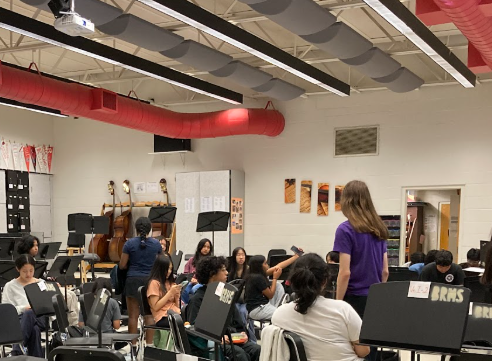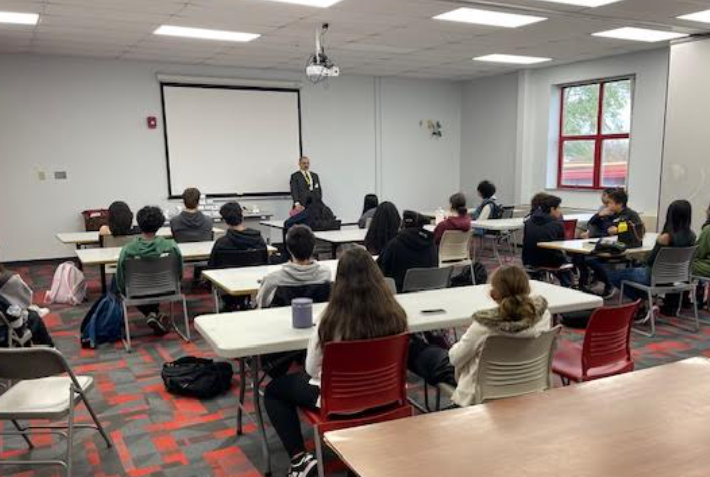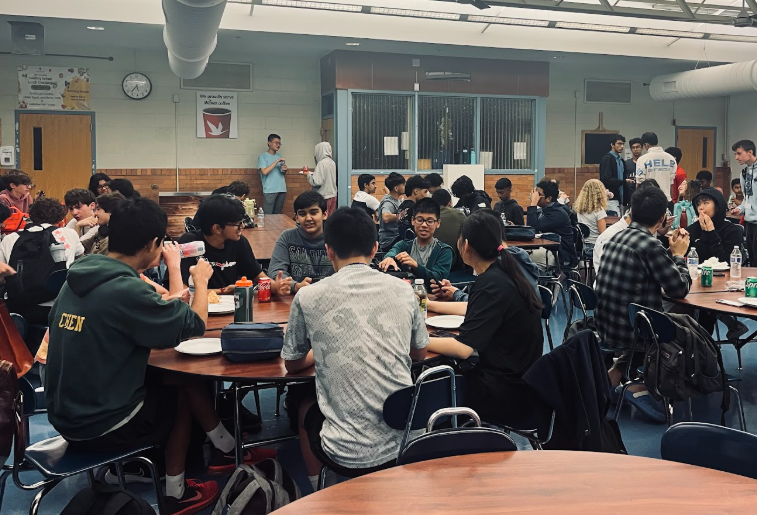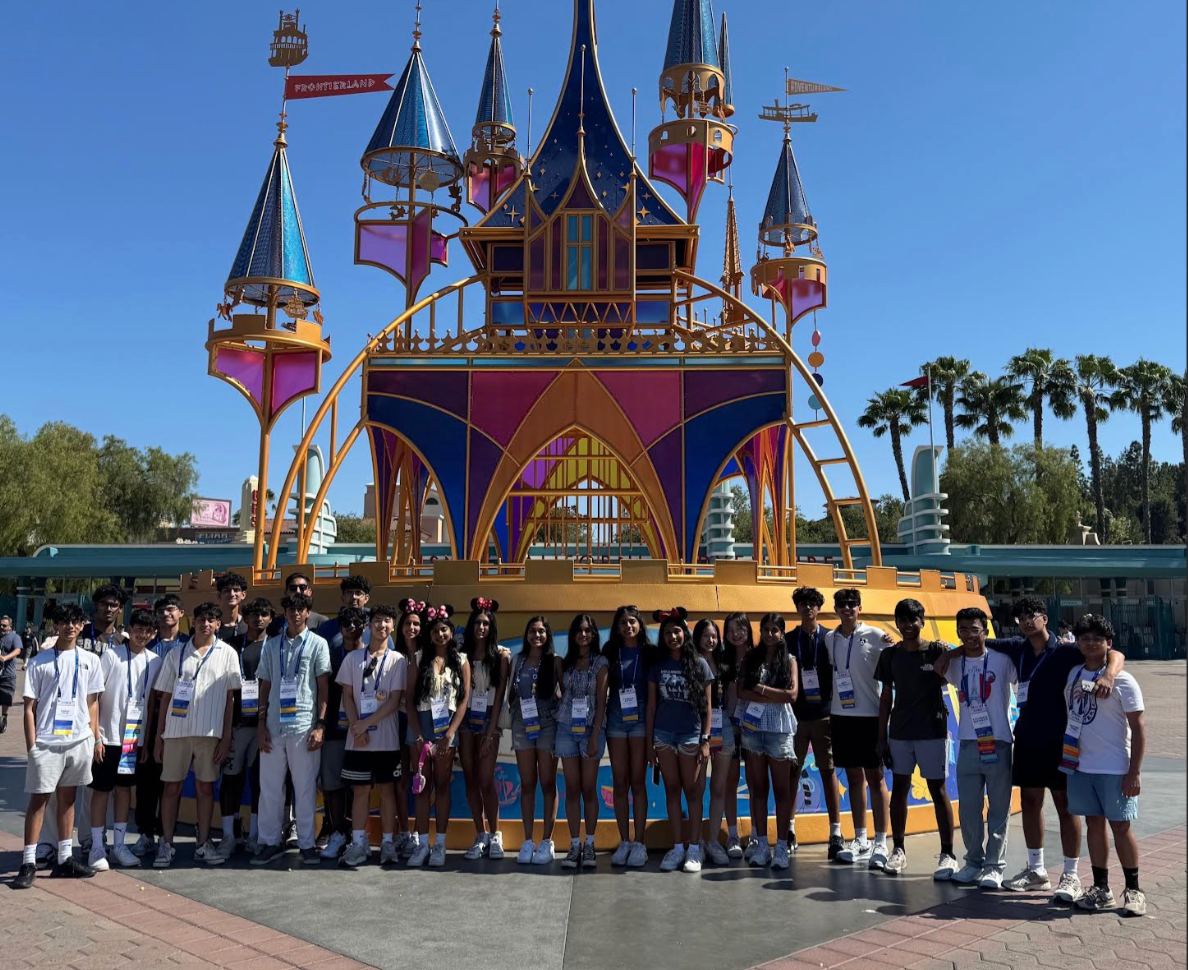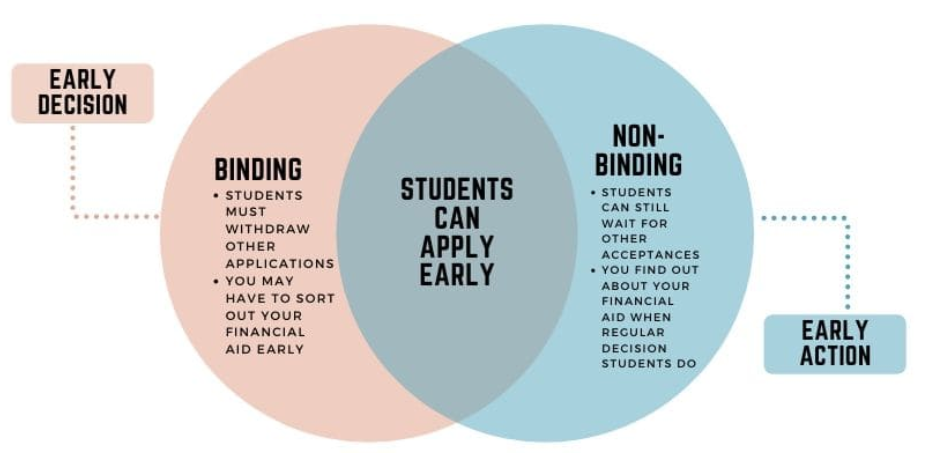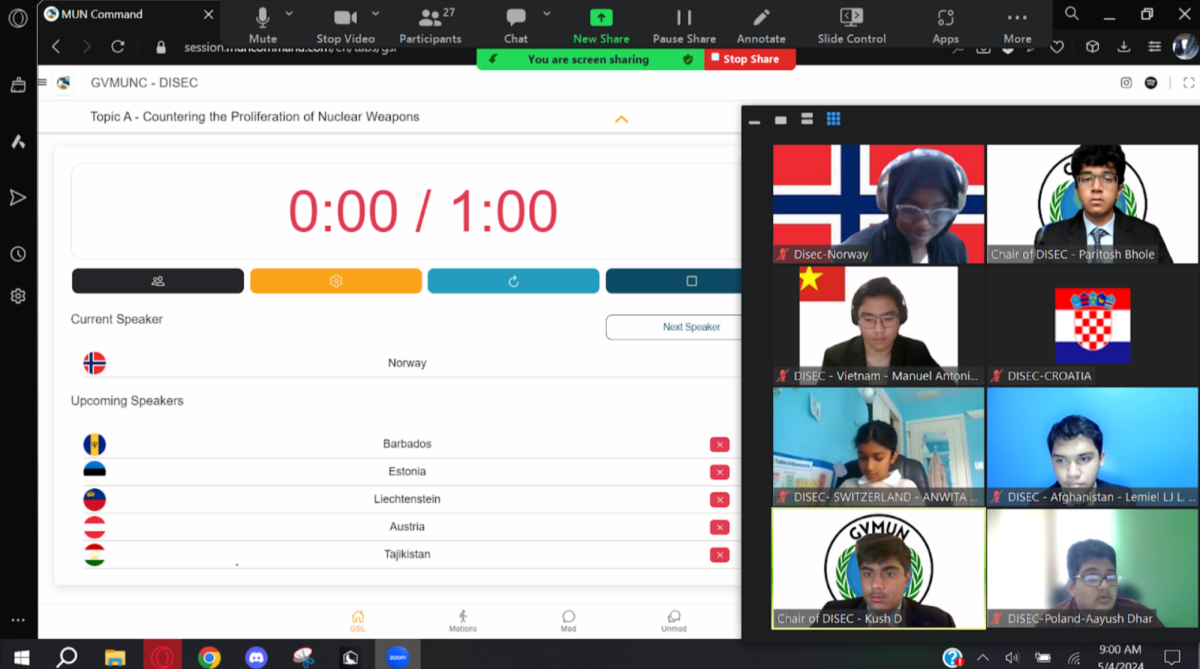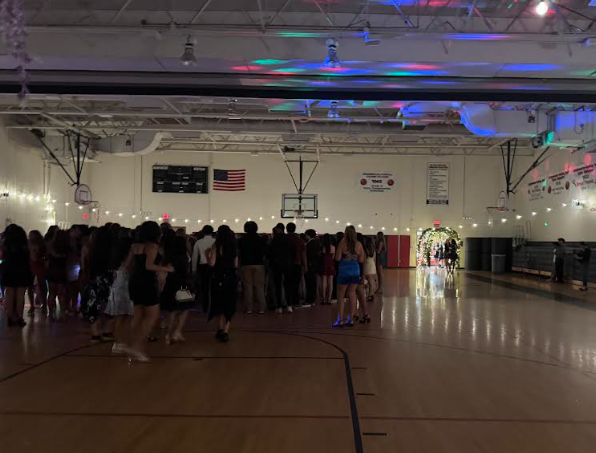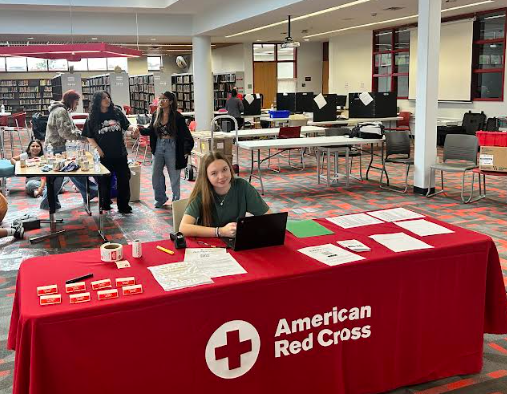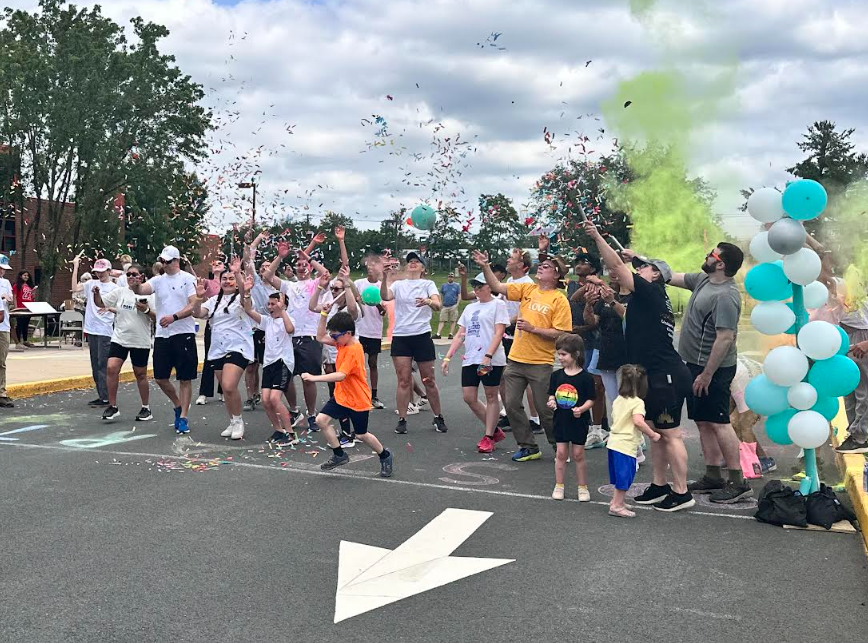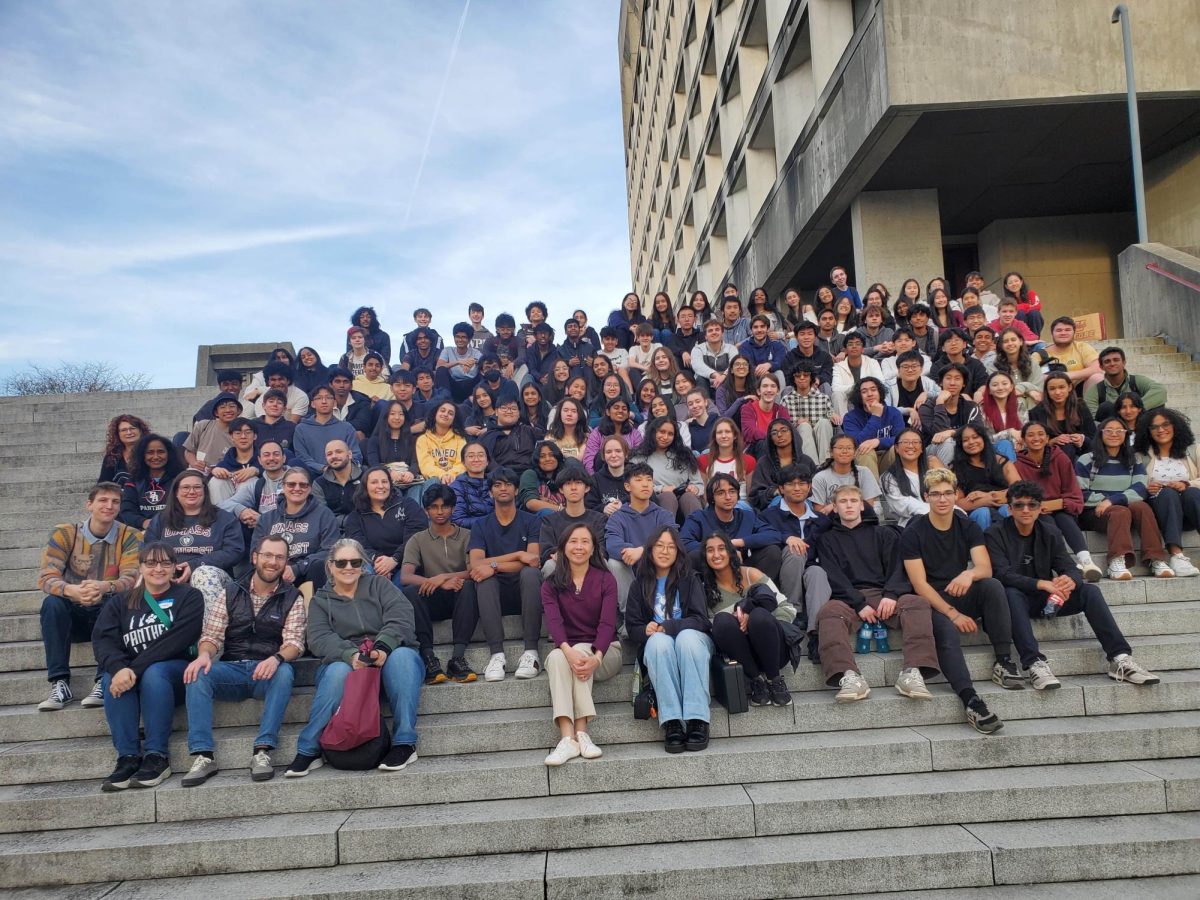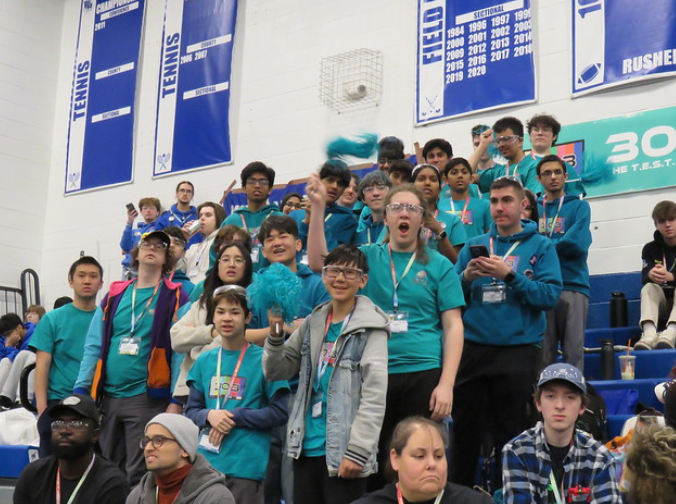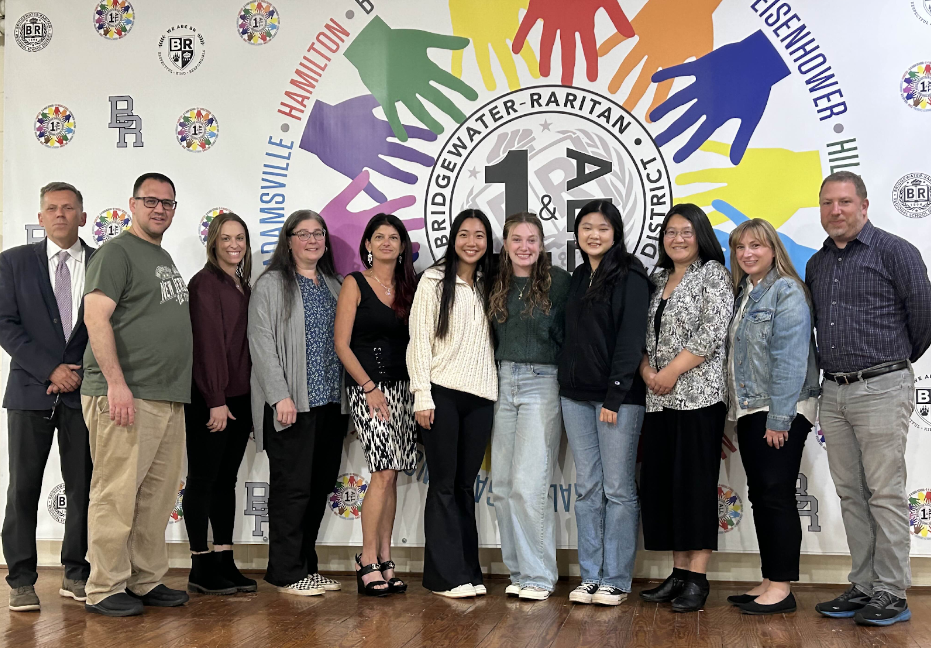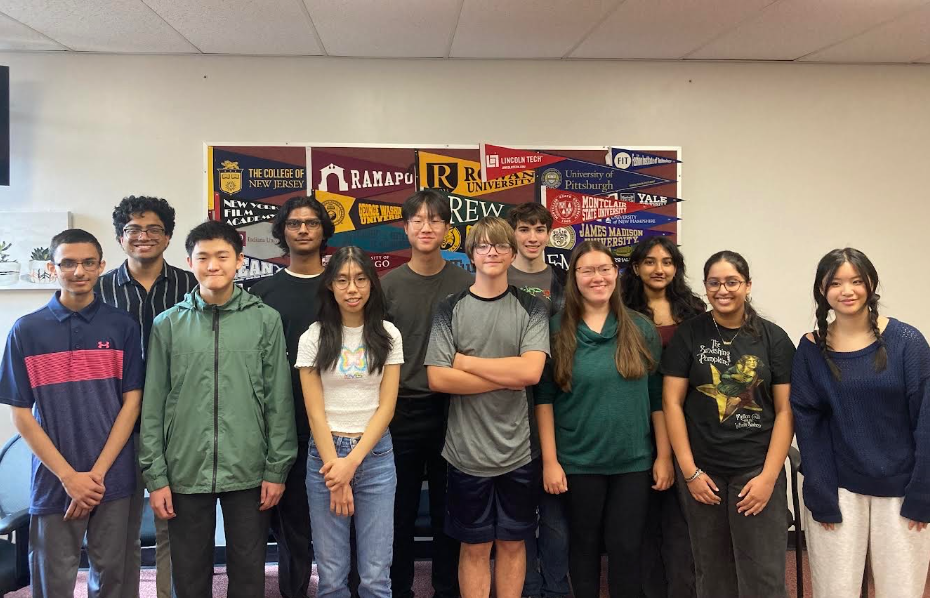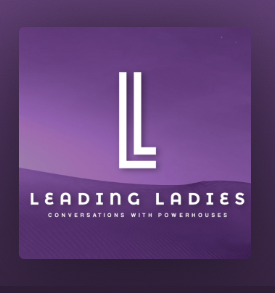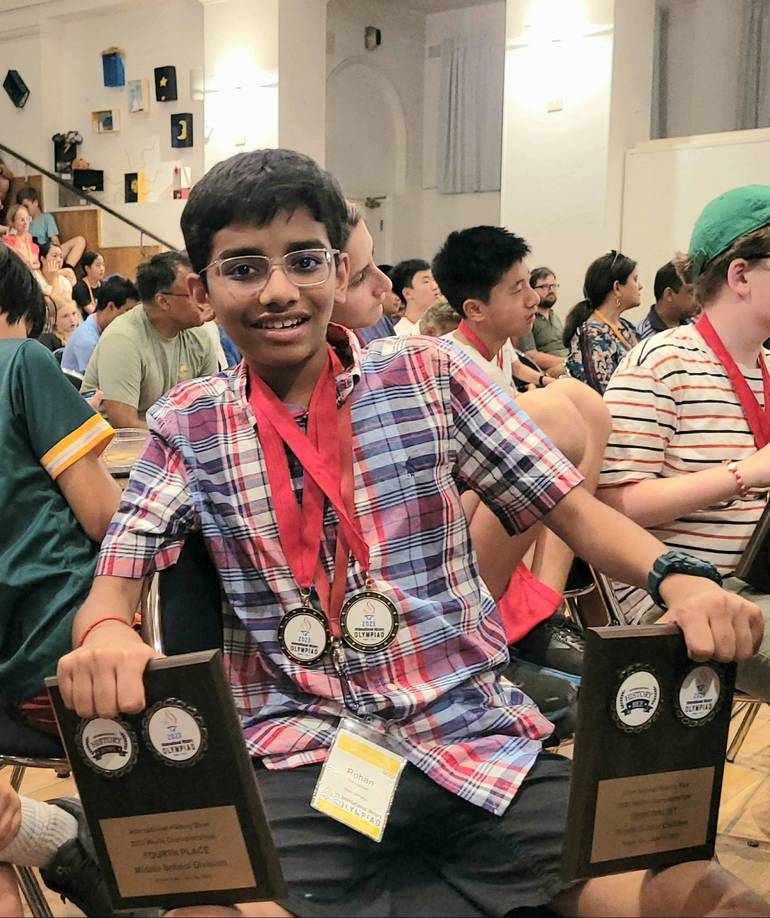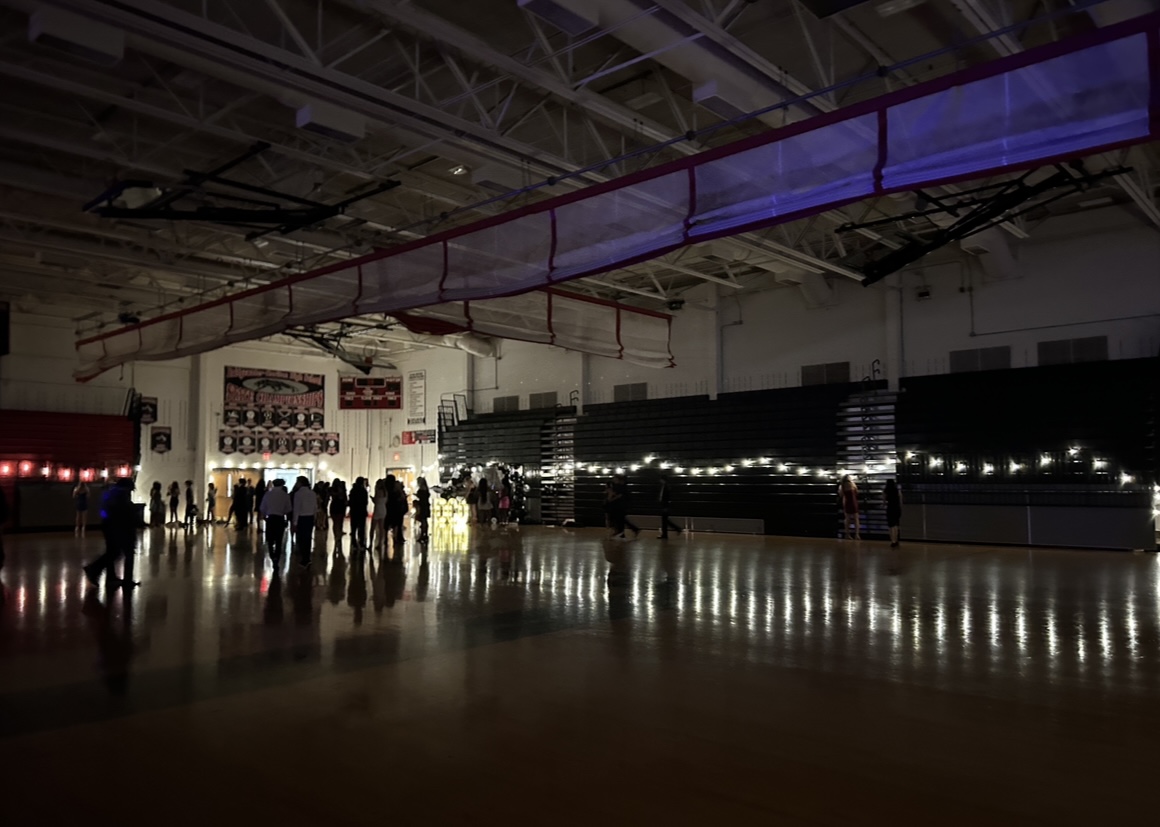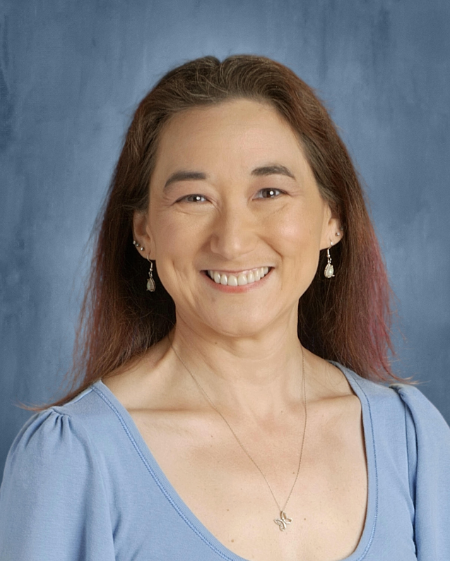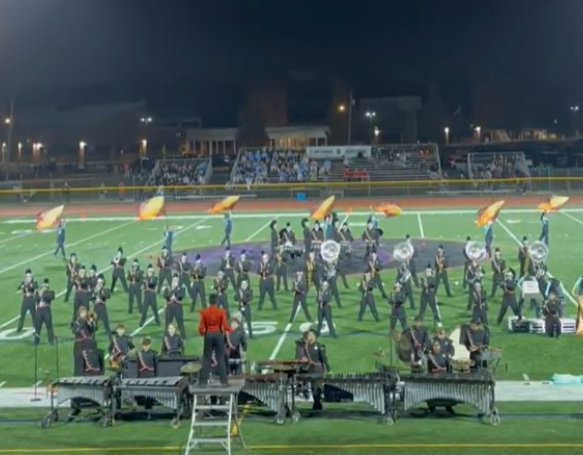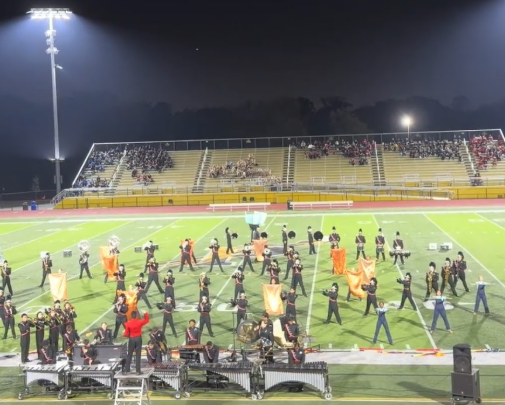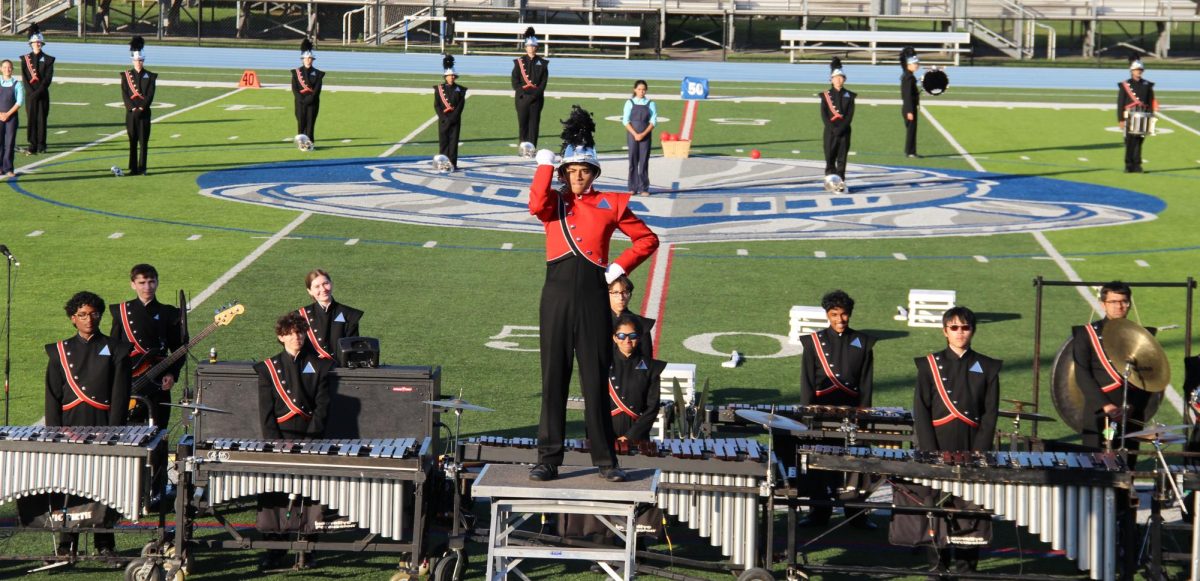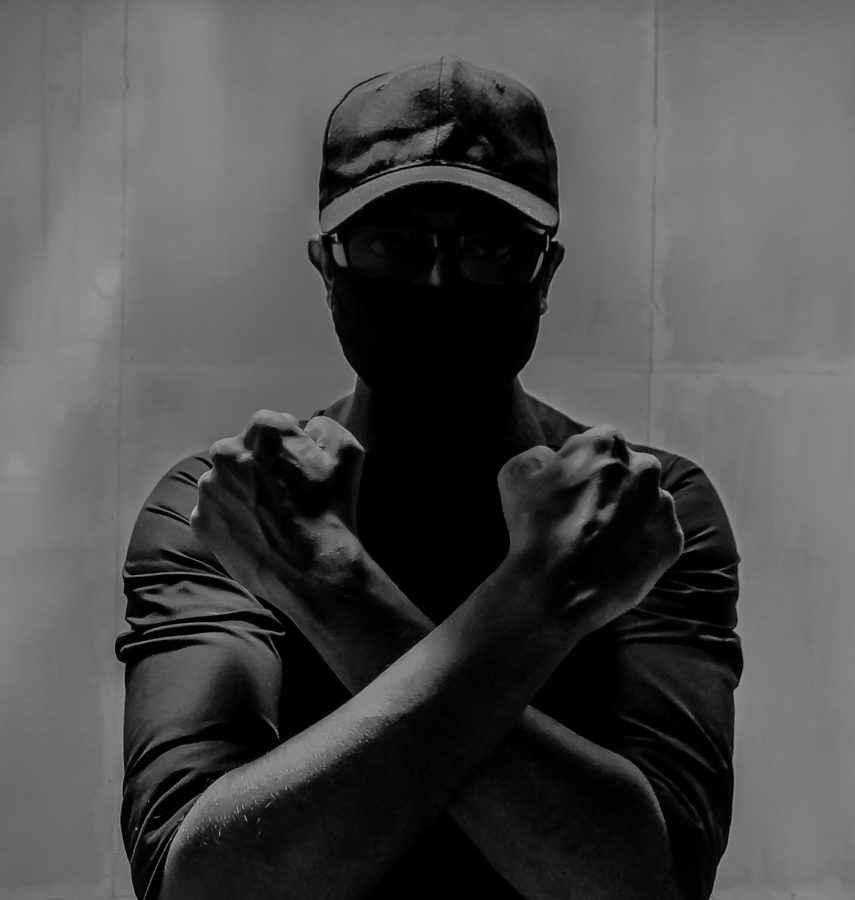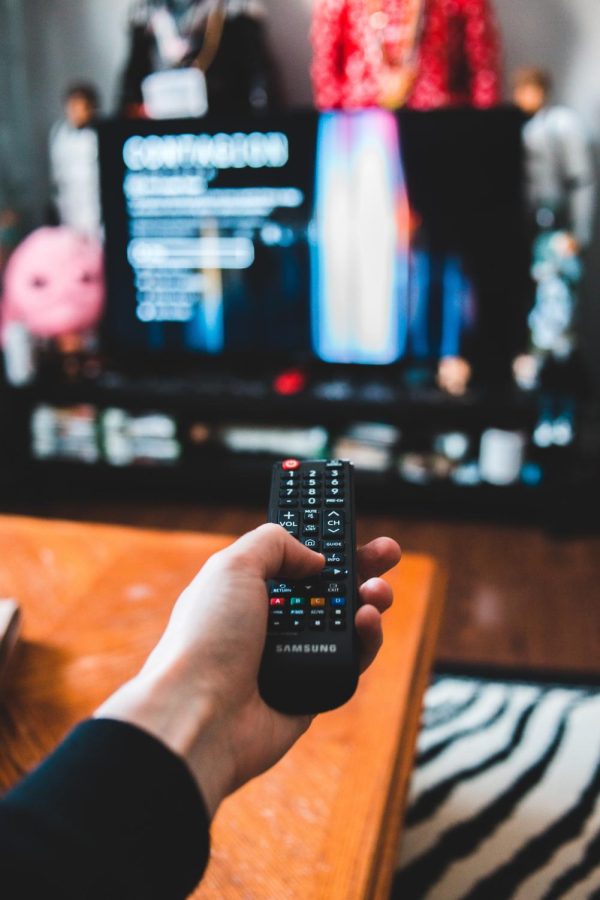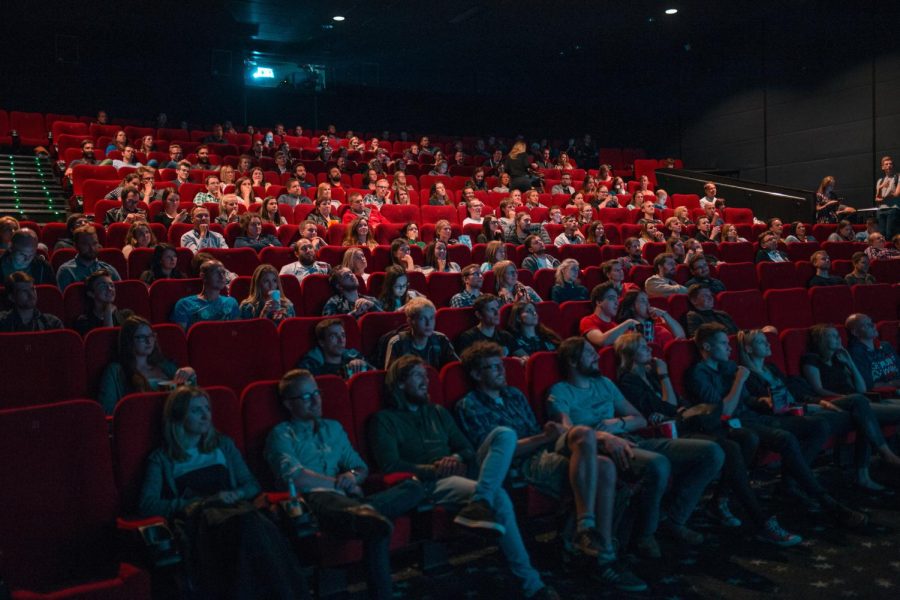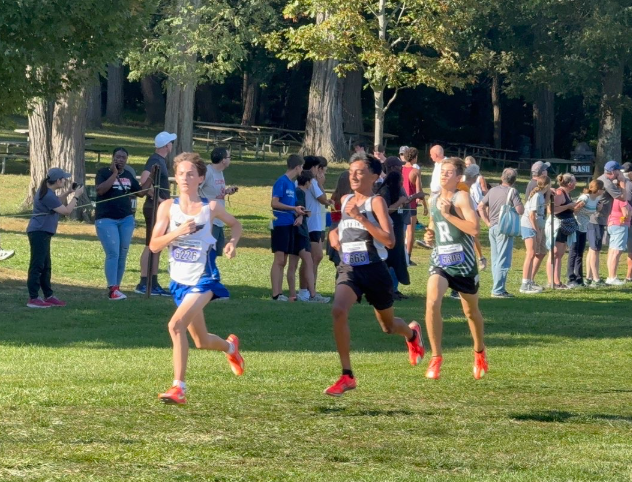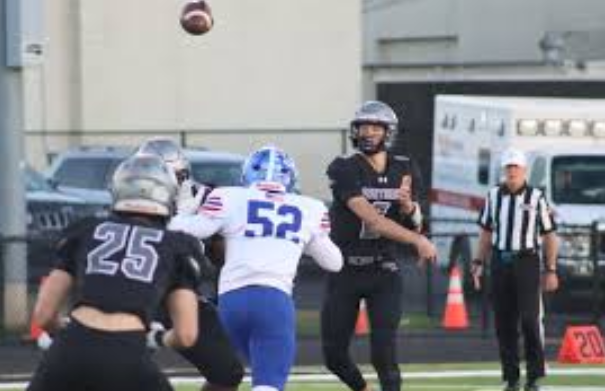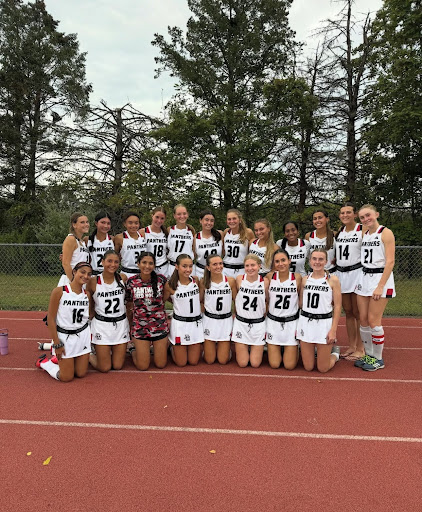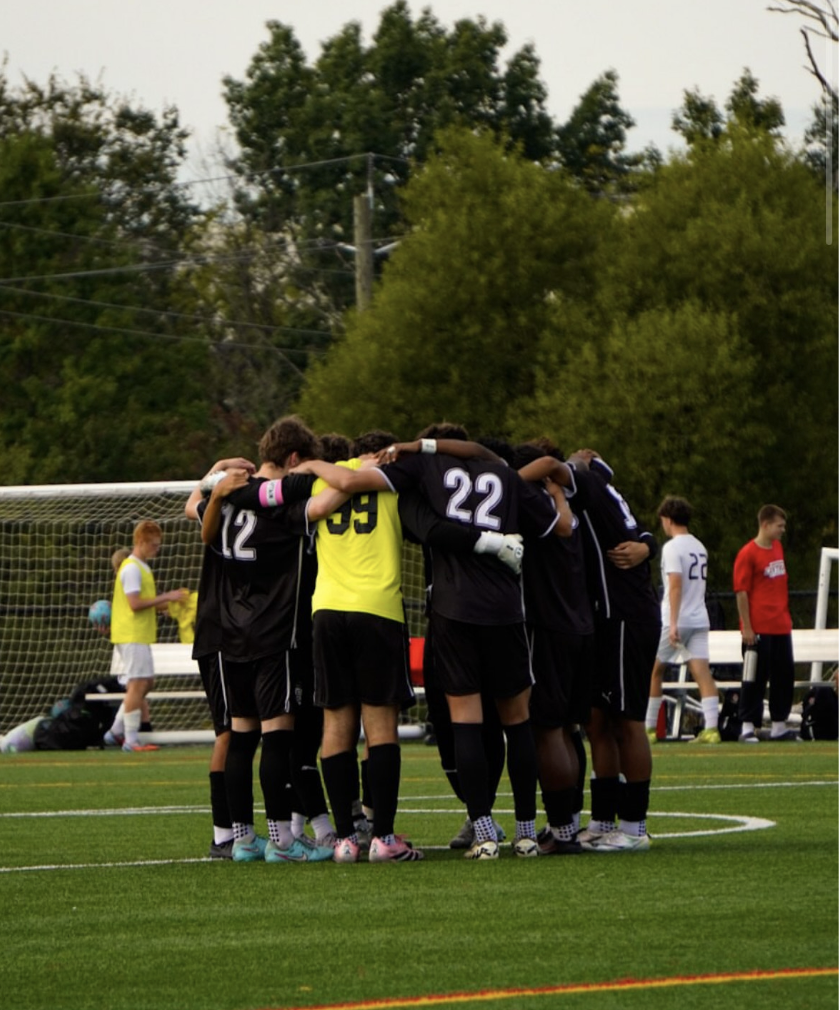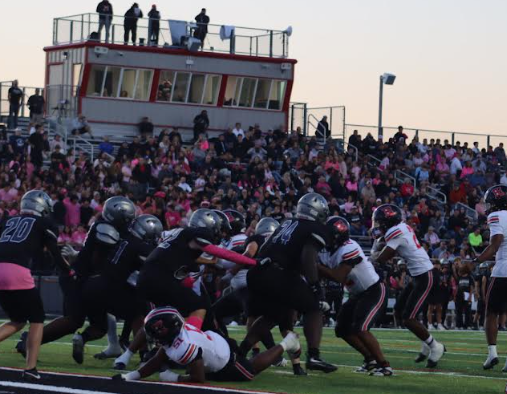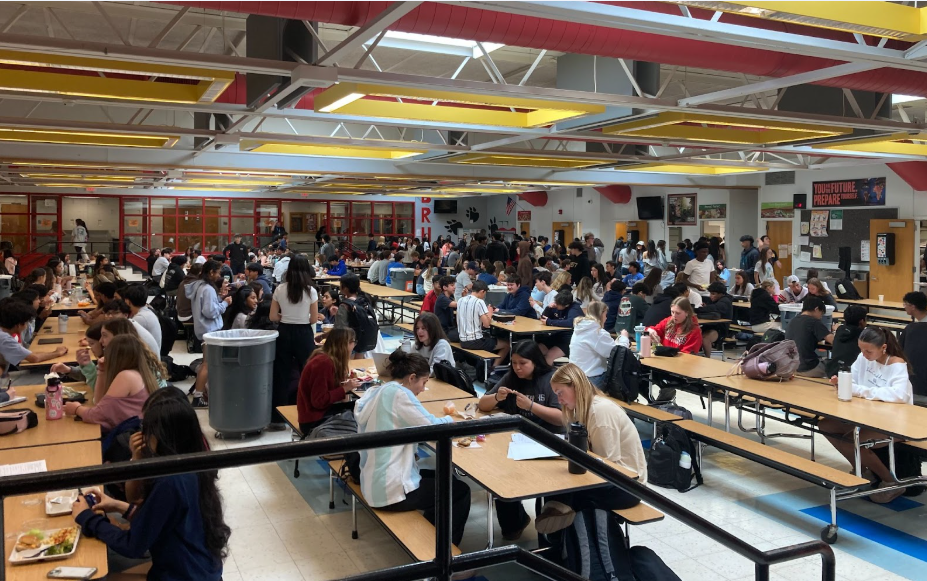A Look Into the Computational Linguistics Club
November 21, 2022
One of the most recent additions to the high school’s club roster, the Computational Linguistics Club, is also one of the most interesting.
Club members collaborate to learn about computational linguistics and use logic and careful analysis to solve puzzles related to the topic. With 30 members in the club by the start of November, and three meetings already, it has had a strong start and is only going to get bigger.
While the term computational linguistics may sound overly formal, understanding what it means is quite simple. Essentially, it involves “computationally” analyzing languages, which means using logic and recognizing patterns to understand them. In its most advanced form, it requires many fields, such as math, computer science, logic, neuroscience, and even philosophy.
It also involves the study of many aspects of languages, such as sounds, the grammar of words, and the grammar of sentences. Though we may not notice, computational linguistics is all around us. Ever since it started as an attempt to get computers to understand, translate, and use human language, it’s been the driving force of many technologies, such as Google Translate and Siri, which are used by us every day. For the club, it means solving engaging puzzles and translating often obscure languages.
The two co-founders of the club, Christopher Qiu and Gracelynne Hao, got involved with computational linguistics last fall and last spring, respectively. They found it intriguing and wanted to share their passion with the rest of the school.
According to Hao, working alone was “demotivating,” so she and Qiu wanted to create a community where people could work together to learn about the topic and solve puzzles.
This year, the main goal of the club is to attend the North American Computational Linguistics Open Competition (NACLO), or Computational Linguistics Olympiad, in January. Of course, the founders aim to prepare and train their members for it prior as there are few training resources available elsewhere. From there, participants who do in the top ten percent can advance to the invitational round in March. Finally, the best of the best will can compete in the International Linguistics Olympiad for the U.S. team.
According to Hao, being a part of the club has helped her improve her communication skills, perseverance, and problem-solving capabilities. What’s more is that no prior experience is required, and you don’t need to be a genius at math or computer science. All you need to join the club is your brain and an open mind.



